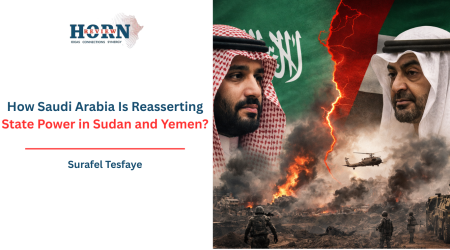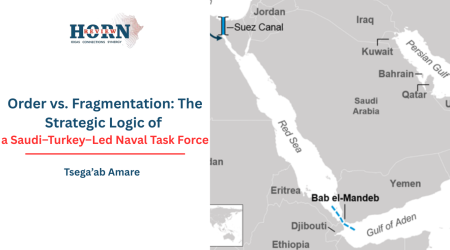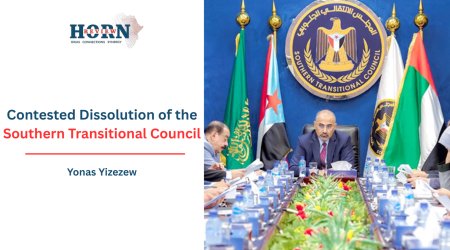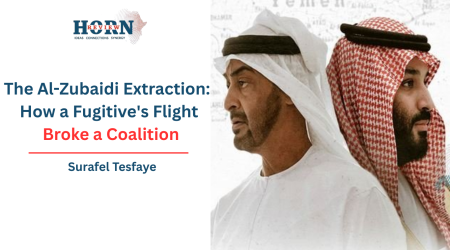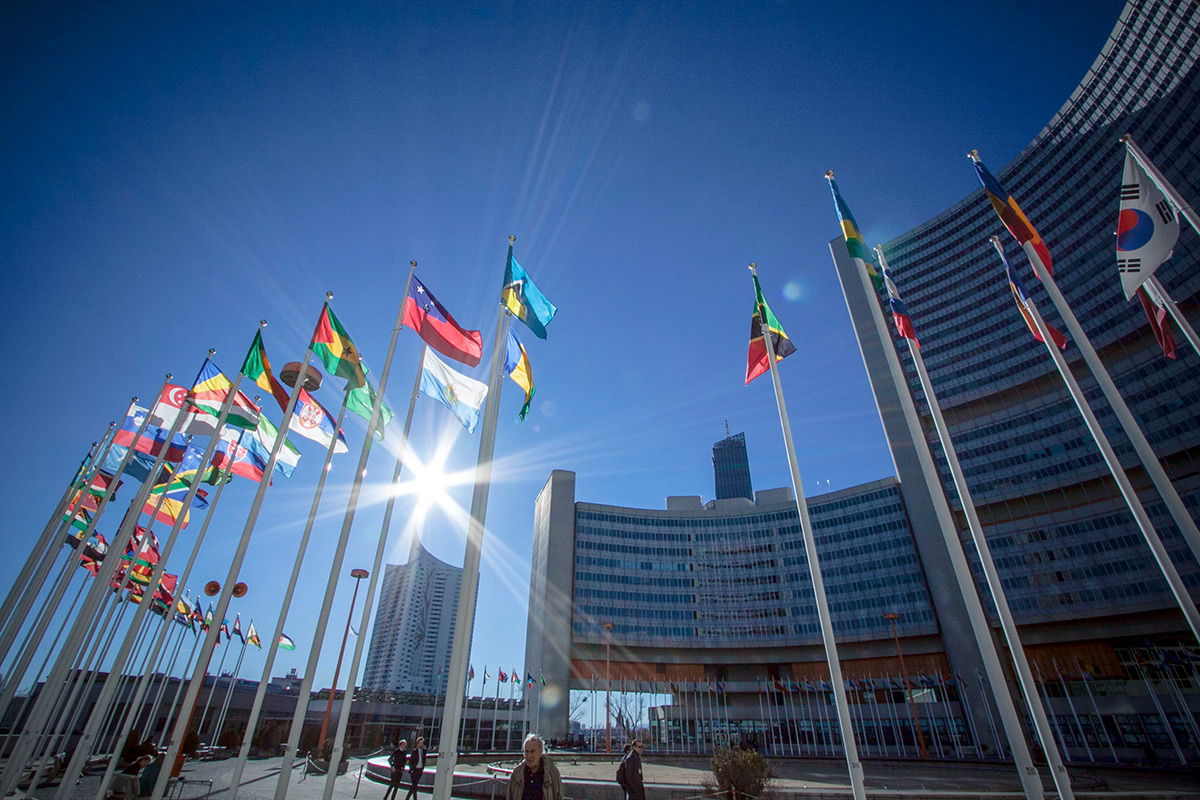
19
May
The United Nations at a Crossroads: Rethinking Its Role in a Changing World
It has been 80 years since the establishment of the United Nations. It was created in the aftermath of World War II with the noble mission of “saving succeeding generations from the scourge of war.” However, as the UN commemorates eight decades of existence, the global landscape tells a troubling story. The world today is more militarized than ever, with global military expenditures reaching record highs. Forced displacement has surpassed all previous levels by which tens of millions of people uprooted due to conflict, persecution, and climate-induced crises. At the same time, humanity faces a complex convergence of challenges from environmental collapse and pandemics to geopolitical rivalry and rising authoritarianism on a scale that tests the very foundations of international cooperation.
The primary goal of this organization was maintaining international peace and security by serving as a global platform for diplomacy, conflict resolution, and collective action. It was meant to prevent the recurrence of large-scale wars like the two world wars by providing mechanisms for peaceful negotiation and multilateral cooperation. However, despite this mission, the UN has frequently fallen short in preventing or resolving major conflicts across the globe. From the genocides in Rwanda and Bosnia to the civil wars in Syria and Yemen, the organization’s interventions have often been delayed, politically constrained, or outright ineffective.
Another major criticism of the United Nations is its tendency to make grand symbolic gestures without following through with meaningful or effective actions. The UN often issues resolutions, declarations, and condemnations in response to global crises, but these pronouncements frequently lack enforcement mechanisms or political backing to bring about real change. For instance, while the UN has made strong commitments to human rights, climate action, and conflict prevention, its inability to enforce these agendas has rendered many of its efforts largely rhetorical. The gap between intention and execution creates frustration among member states, civil society, and the global public, especially when humanitarian catastrophes continue to unfold despite the UN’s awareness and verbal condemnation.
There is also widely acknowledged belief that the UN lacks real power to implement decisions independently or compel sovereign states to act. While it operates with the cooperation of its member nations, the UN is bound by political realities most notably the veto power wielded by the five permanent members of the Security Council (the U.S., China, Russia, France, and the U.K.). This structure has led to paralysis in addressing critical issues, particularly when global powers have conflicting interests. For example, attempts to pass resolutions on Syria’s civil war, Russia’s invasion of Ukraine or Sudan’s humanitarian crisis have been repeatedly blocked by vetoes. As a result, critics argue that the UN is more of a diplomatic stage than a governing body since it lacks both the authority and autonomy to act decisively especially when doing so would challenge the will of its most powerful members.
Many scholars and critics argue that these failures are not simply operational, but deeply rooted in the UN’s structural design, which they say systematically marginalizes the Global South. According to this view, the UN was crafted to maintain the post-World War II power structure by safeguarding the interests of the victors while promoting Western liberal values and capitalist economic models as universal norms. These criticisms have grown louder in the persistent reliance on “one-size-fits-all” approaches that inadequately account for the diverse political, economic, and cultural contexts of developing nations. From failed peace-building missions to controversial development frameworks, many of the UN’s initiatives have fallen short or even backfired fueling disillusionment and reinforcing the perception that the organization serves the status quo rather than global equity and justice.
But the major challenge that is undermining the effectiveness of the United Nations is its chronic financial crisis, which has severely limited its ability to carry out missions and respond swiftly to global emergencies. A significant portion of the UN’s budget relies on assessed and voluntary contributions from member states, with the United States alone accounting for over 22% of its funding. However, in recent years under the leadership of President Donald Trump, the U.S. is continually expressing its interest of cutting budgets that used to go to UN in the form of aid. These funding gaps have forced the UN to scale back peacekeeping operations, reduce humanitarian aid, and delay salaries. The organization is also have plans like merging World Food Programme, WHO, UNICEF, and UNHCR into a single mega humanitarian body. The over-dependence on a few wealthy nations, especially one with shifting political priorities, leaves the organization vulnerable to financial instability and political leverage that can undermine its impartiality and global mandate.
It is clear from what is happening that comprehensive reforms are essential to safeguard the UN’s sustainability and legitimacy. These reforms should include broadening the funding base by promoting more equitable contributions from all member states and reducing the organization’s dependence on voluntary, earmarked funding, which often reflects the priorities of specific donors. There is also growing desire for democratizing the UN’s decision-making structures, especially the Security Council, by expanding permanent membership to include major powers from the Global South. Such reforms aim not only to address financial dependencies but also to make the UN more representative, accountable, and responsive to the needs of a changing world. Without bold reforms, the UN risks becoming increasingly irrelevant, trapped by outdated power dynamics and insufficient resources in an era that demands robust, collective global leadership.
By Yabsira Yeshiwas,Researcher,Horn Review

